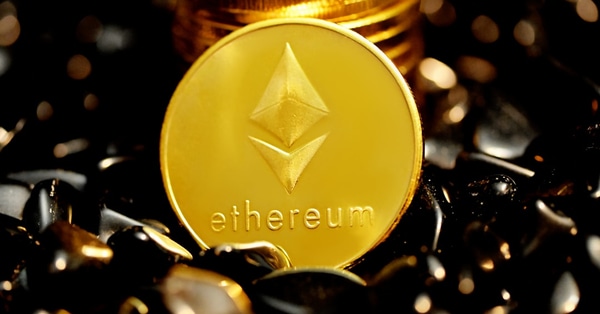Drax's New Subsidy Deal Amid Controversies and Market Shifts
Drax power station secures a new subsidy deal amid market downturns, raising environmental concerns and regulatory scrutiny in the energy and water sectors.
In a climate of global stock market fluctuations, European markets are witnessing a downturn, while Asian chipmakers are facing significant losses amid concerns surrounding the perceived AI bubble. This backdrop coincides with a new development regarding the Drax power station in North Yorkshire, which has recently secured a subsidy agreement with the government, raising questions about environmental impact and energy production.
Drax power station, known for generating what is classified as "clean" energy through the combustion of wood pellets—some of which are imported from the United States—has finalized a fresh subsidy deal with the UK government. Under this agreement, which will take effect from 2027 to 2031, Drax has set a strike price of £109.9/MWh based on 2012 prices (equivalent to £164 today). This arrangement stipulates that Drax will decrease its total annual electricity output.

The strike price guarantees that Drax will receive this amount irrespective of the wholesale electricity price. Consequently, consumers will bear the financial burden if the wholesale price falls below this threshold. Previously, the strike price until 2027 was set at £100/MWh. However, due to the plant's commitment to reducing wood consumption, the government is expected to disburse lower subsidies in the coming years.
Drax power station has been the subject of extensive criticism over the years, particularly regarding its connection to the burning of ancient woodlands and the subsequent pollution and emissions generated from this process. The plant's removal from the electricity grid presents a challenge for the government, as Drax plays a crucial role in the country’s energy supply.
Recent studies have highlighted that Drax stands as the largest emitter of carbon emissions in the UK. In 2024, its emissions surpassed those of the six largest gas power plants combined. Josie Murdoch, an analyst at Ember, commented on the new subsidy deal, stating, "Although this new deal means Drax generation and subsidies will fall, the deal will still see substantial subsidies handed out to Drax every day, all while Drax remains the largest emitting power station in the UK." This raises critical questions about the sustainability of the UK’s energy policies.

In a related context, the water sector has also been under scrutiny, with regulators taking steps to address excessive executive bonuses. Ofwat, the regulator for water companies in England and Wales, has intervened to prevent water company executives from receiving £4 million in bonuses for the previous financial year. This decision follows a Guardian investigation that exposed controversial pay practices within the industry.
In response to public outcry over environmental negligence, particularly concerning sewage pollution in Britain's rivers and seas, the government imposed a ban on bonuses for water companies failing to uphold environmental standards. Despite the regulatory crackdown, analysis by the Guardian revealed that the compensation for chief executives in the water sector increased by 5% in the last financial year, averaging £1.1 million. Interestingly, the pay for executives at the six companies that saw their bonuses revoked did decline.

The recent subsidy agreement for Drax power station brings to light the complexities of energy policy in the UK, particularly in balancing energy demands with environmental responsibilities. As the largest emitter of carbon emissions in the country, Drax's role in the transition towards cleaner energy sources remains contentious. Meanwhile, the water sector continues to face challenges regarding executive compensation and environmental accountability. Both sectors illustrate the ongoing tension between business interests, regulatory frameworks, and the need for sustainable practices amidst a fluctuating global market.
Tags:
Related Posts
Turn Your Ideas into Reality: Build an MVP in 30 Days
Got a great idea but don’t know where to start? Discover how to build your MVP in just 30 days using no-code tools—no coding skills required!
5 Smart Pricing Strategies to Boost Your SaaS Revenue
Struggling with pricing your SaaS product? Discover five proven strategies that can elevate your revenue and connect you with your customers.
Unlock Your Startup Success with the Business Model Canvas
Feeling stuck with your startup ideas? Discover how the Business Model Canvas can help you validate and refine your vision before diving in.
Unlocking Startup Success: How Customer Feedback Drives Profit
Ever wondered how your customers can guide your startup to success? Discover actionable insights from feedback that could reshape your business strategy!
5 Smart Ways to Acquire Customers on a Budget
Starting a business with tight funds? Discover five savvy customer acquisition strategies that won't break the bank and can fuel your startup's growth.
Mastering Lean Startup Principles for Entrepreneurial Success
Ready to turn your business dreams into reality? Discover how lean startup principles can guide your entrepreneurial journey from idea to execution!